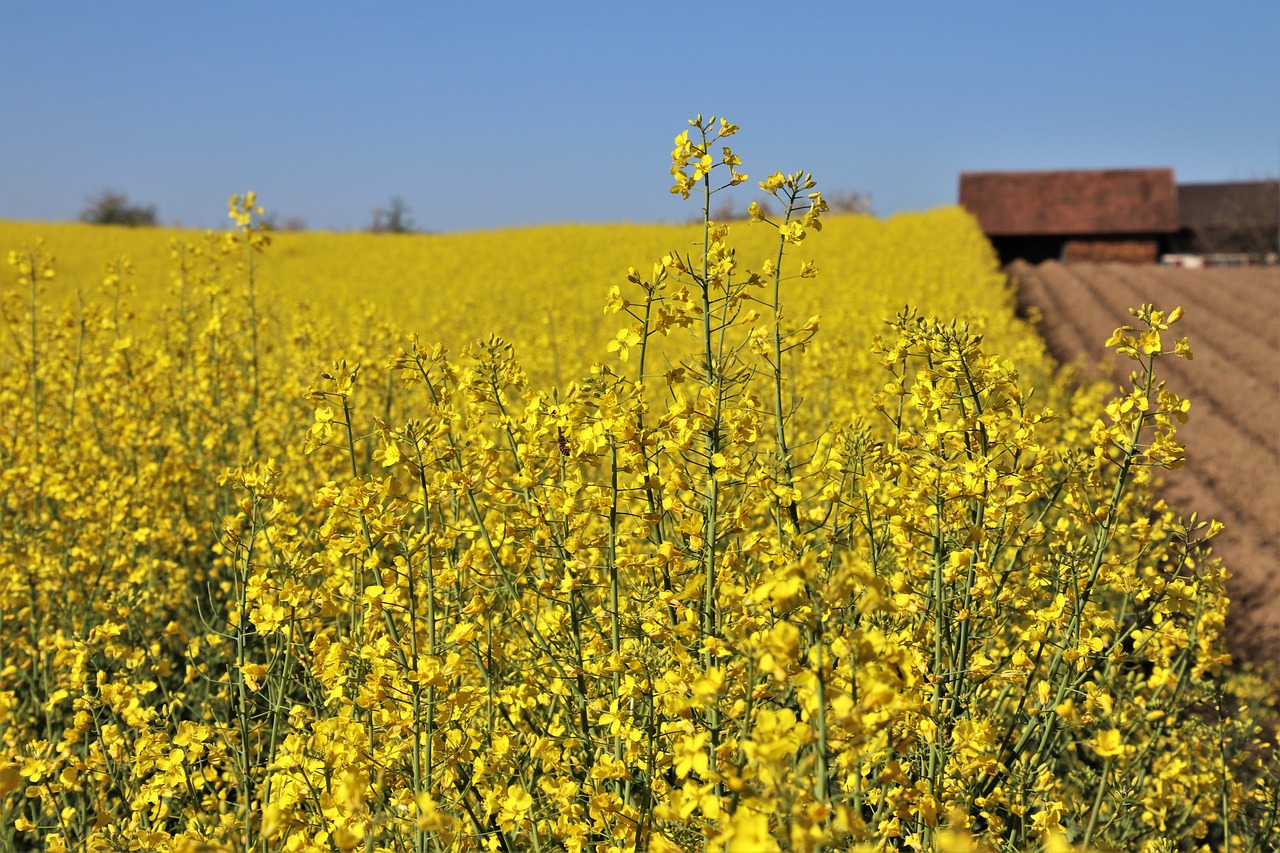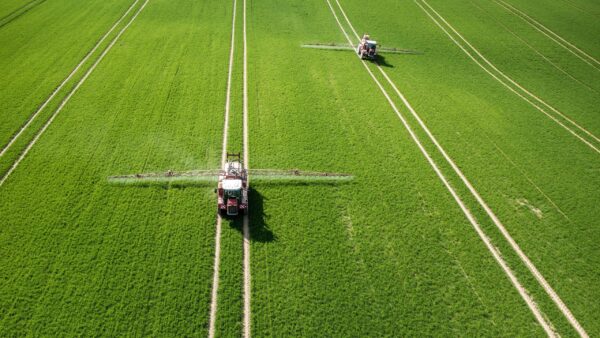Clubroot (Plasmodiophora brassicae) is a disease that impacts canola crops. According to a release, canola “contributed $12.9 billion (2022) in exports to Canada’s economy [AB $4 billion].” Clubroot attacked the plant’s root and impacts the plant’s water and nutrient uptake. The disease can cause reduced growth, diminished seed quality and yield losses of up to 50 per cent.
Results Driven Agriculture Research (RDAR), the Alberta Canola Producers Commission and the Saskatchewan Canola Development Commission (SaskCanola) awarded Dr. Stephen Strelkov, professor at the University of Alberta of plant pathology, $1.25 million to lead a team of experts in “breeding resistance into new crop varieties, developing new ways to control the pathogen and identifying clubroot resistance genes.”
“Clubroot is a constant threat to Alberta’s canola growers, and we are glad to see so many organizations come together to fund this project,” said RJ Sigurdson, Minister of Agriculture and Irrigation. “It will look at multiple ways to reduce its impact and stem its spread across the prairies, and I look forward to the wide-ranging benefits for the sector.”
The project will last five years and contribute to having long-term control of clubroot. It will allow producers to better manage and reduce clubroot in their fields. Clubroot not only impacts the grower’s crop, but also reduces land value because clubroot-infested land is less desirable.
“Clubroot remains a significant risk to canola production in the prairies. This research initiative has the potential to enhance the strength and lifespan of clubroot-resistant traits by presenting canola breeders with new genes and tools,” said Clinton Dobson, RDAR executive director, research. “The ultimate goal is to provide more comprehensive resistance options for canola varieties to protect Alberta farm income.”
Clubroot is currently managed through an “integrated approach.” This approach included crop rotation, supplementing soil, and properly sanitizing equipment. Using these methods with newly developed canola varieties will help producers protect their canola crop.
“We are very grateful for the support for this project,” said Lead Investigator Dr. Stephen Strelkov. “This funding will make an important contribution to the sustainable long-term management of clubroot of canola.”
Learn more here.













